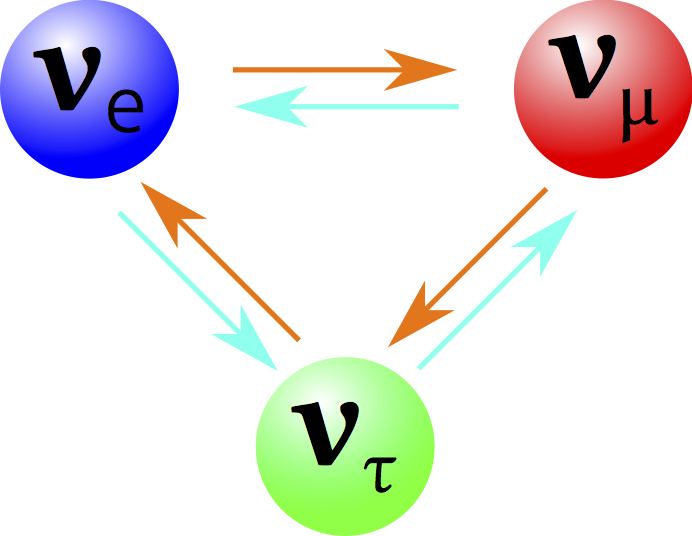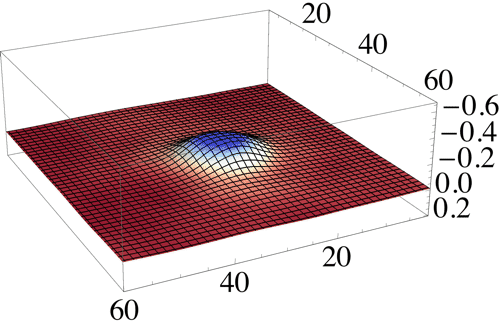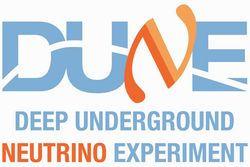Research
Neutrino Physics
One of the great challenges of the present Standard Model of elementary particle physics is the origin of neutrino masses. Our research group is systematically investigating how the mechanism of neutrino mass generation can be probed best at future experiments, in particular at possible future e- e+, pp and e-p colliders such as the ILC, FCC-ee, CLIC, CEPC, HL-LHC, FCC-hh/SppC, LHeC and the FCC-eh. Furthermore, we are exploring the predictions for the light neutrino masses and leptonic mixing angles and CP phases from Grand Unified Theories.

Grand Unified Theories
Towards the challenge of identifying a more fundamental theory behind the current Standard Model of elementary particle physics, one goal of our group is the development of predictive Grand Unified Theory (GUT) models, as well as the development of tools for their precision analysis. In this context, we are focusing on GUT predictions for proton decay rates, for the masses of the supersymmetric partner particles in supersymmetric GUTs, and for the light neutrino masses and the leptonic mixing angles and CP phases.

Early Universe Cosmology
When constructing theoretical models for the early universe, one of the challenges is linking the phase of cosmic inflation to the later phase of the universe where, e.g., the matter-antimatter asymmetry and the dark matter are produced. In addition to developing new models for the early universe in the framework of GUTs, we contribute to clarifying this link by calculating the intermediate "reheating phase", including the production of gravitational waves and non-perturbative phenomena like "oscillons", after particle physics motivated classes of inflation models.

Our group is member of the "Future Circular Collider Study (FCC)" collaboration and of the "The Deep Underground Neutrino Experiment (DUNE)" (see also Research Particle Physics Experiments).


